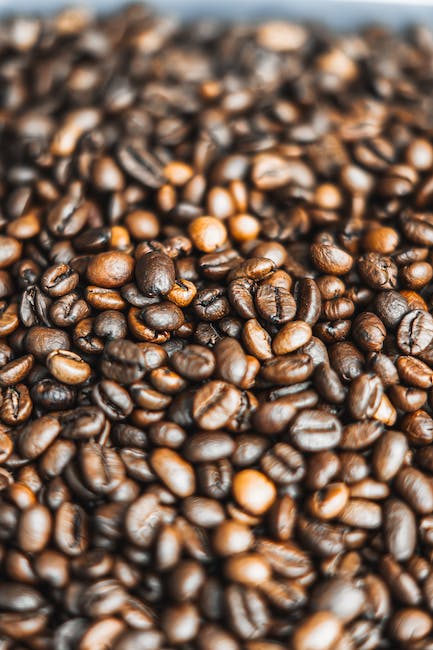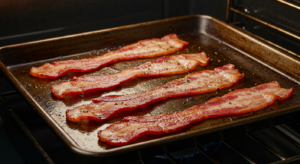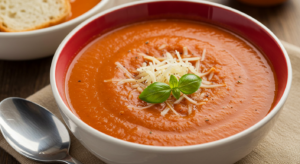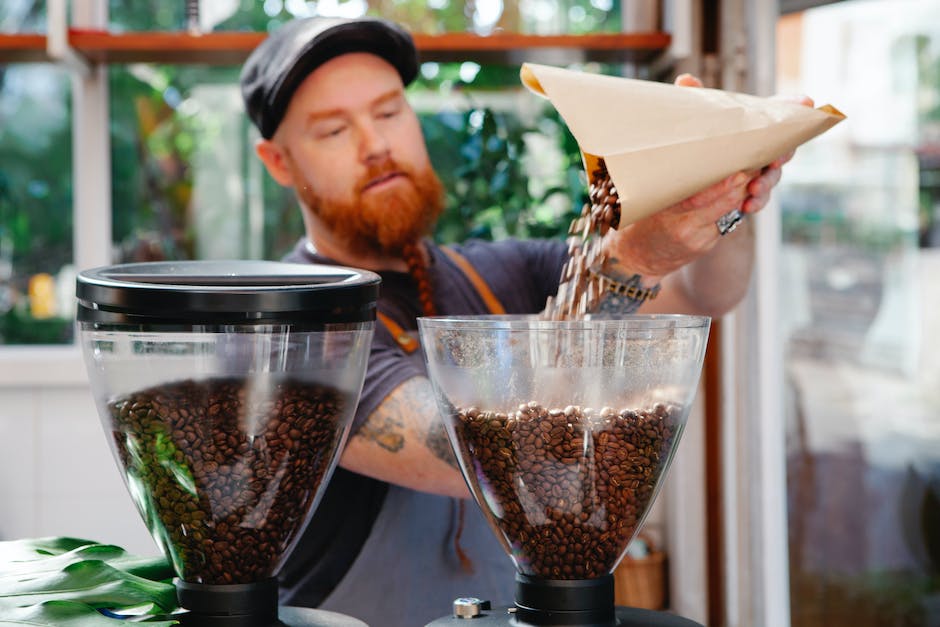
What’s Behind the Best Coffee Beans for Espresso: The Basics
When it comes to espresso, the secret lies not only in the brewing method but also the quality of the beans for espresso used. For at-home baristas, finding the best coffee beans for your espresso can be a game-changer. With the right beans, you will enhance your espresso for full-bodied, flavorful results.
While many people may assume that regular coffee beans can suffice for espresso, there’s a slight difference. Espresso beans are more finely ground compared to regular coffee beans, resulting in a more concentrated, richer, and darker brew. Therefore, the quality and type of beans used significantly impacts your espresso’s flavor and overall quality.
The Sweet Note of Brown Sugar in Your Espresso Blend
The flavor profiles of your beans can bring different nuances to your coffee. Introducing brown sugar as part of your espresso blend is a recipe for a unique taste. Not only does it present an inviting aroma, but it also adds a caramel sweetness that pairs beautifully with the inherent bitterness of coffee.
Brown sugar notes are often found in South American single origin coffee beans. These are famous for their sweetness, with hints of brown sugar and fruity undertones. Explore these beans if you want to bring a touch of that sugary tang to balance your espresso’s bitterness.
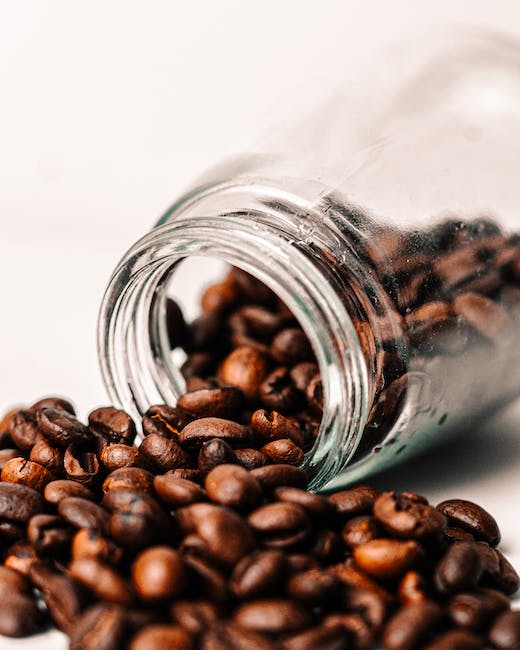
South American Coffee: The Hidden Gem of Espresso Roasts
South American coffee, known for its balanced features and distinct taste, is a favorite choice for many espresso lovers. Their beans house a wide range of flavor profiles featuring notes of brown sugar, dark chocolate, and fruits, making them perfect for espresso roasts.
One example of South American coffee worth mentioning is Intelligentsia Black Cat. This espresso blend offers a blend of dark chocolate notes, balanced acidity, and a pleasant aftertaste, making it a favorite for those who prefer full-bodied, vibrant coffee.
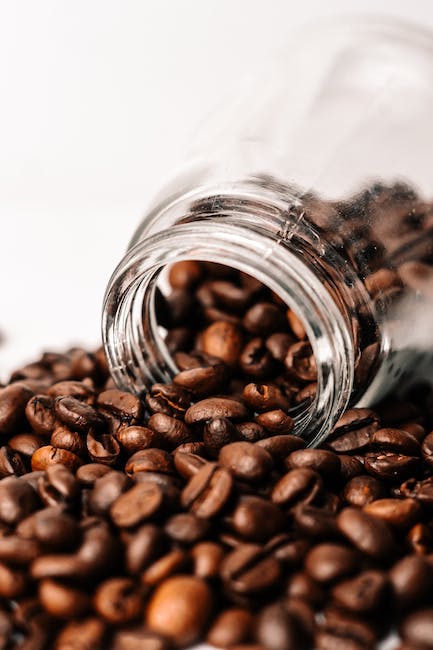
Single Origin Coffee: The Specialty Coffee for Espresso
Many coffee connoisseurs endorse single origin coffee because of its distinct flavor and quality. They are traced from a single geographical location and often boast unique flavor notes, challenging your palate differently with each sip.
Having said that, freshly roasted single origin coffee is an excellent choice for espresso. It offers strong and distinct flavors that merge perfectly with the brewing method used in espresso machines.
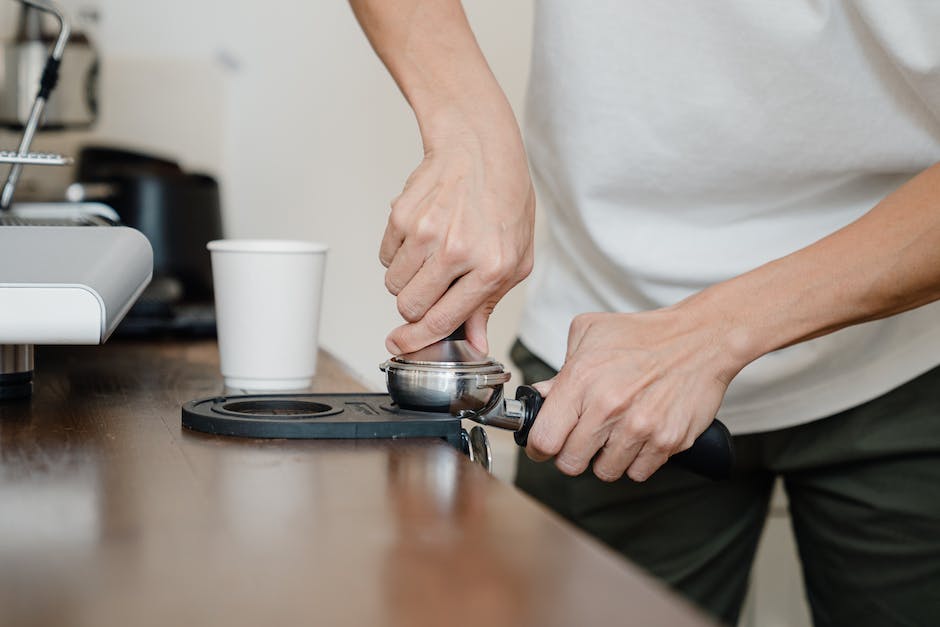
Freshly Roasted Beans: Your Espresso’s Best Friend
There’s something to be said about freshly roasted coffee beans—they just bring you the best flavors. The aroma itself is inviting, and the taste is authentically pure. Hence, for an espresso lover, investing in freshly roasted beans will significantly enhance the taste of your everyday brew.
Moreover, when you use freshly roasted beans in your espresso machines, they yield beautiful, rich crema. The crema, or the golden foam on the top of the espresso, is an indicator of the freshness and quality of the beans used.
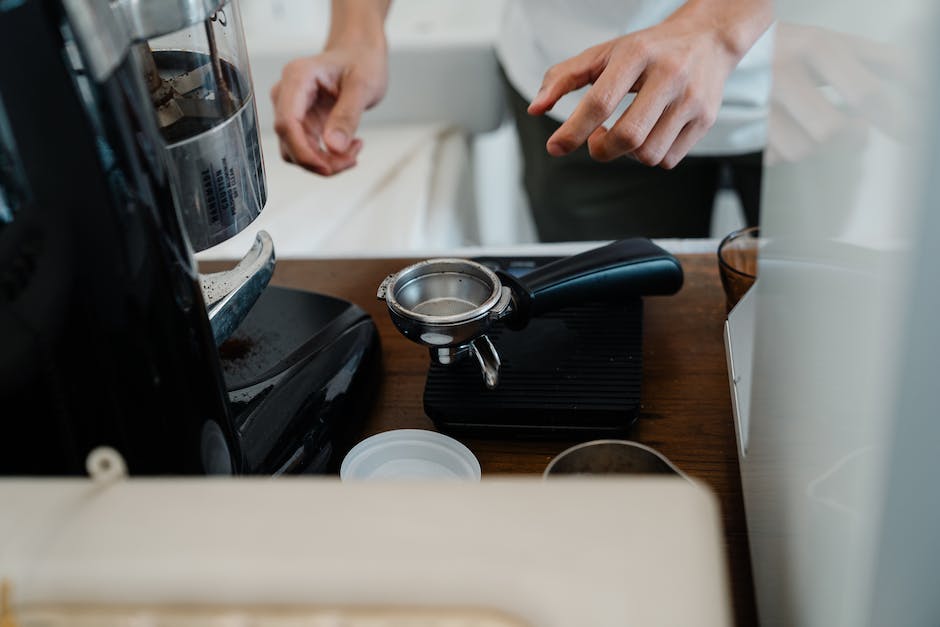
The Superior Aspects of Certified Organic Coffee
In your journey to find the best coffee beans for espresso, certified organic beans should not be overlooked. They are grown without synthetic fertilizers or chemicals, offering a taste that’s closer to nature.
Besides, certified organic coffee tends to have a fuller and stronger flavor profile, making it an excellent choice for espresso. Whether it’s a single origin coffee or a medium dark roast, an organic label signifies the time, care, and effort put into growing the beans.
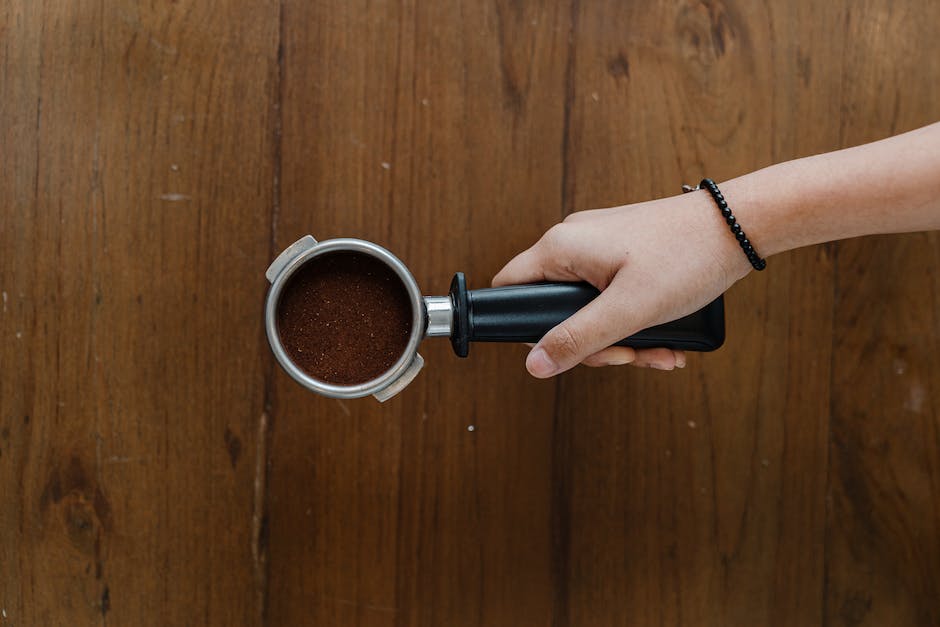
A Medium Dark Roast for a Flavorful Espresso
While there are many types of roasts, a medium dark roast often bags the trophy when it comes to espresso. This roast perfectly balances the beans’ inherent flavors and the roasting process, creating a unique espresso blend.
Characterized by deep, bitter, dark chocolate notes, these beans provide a smooth, rich taste that is perfect for espresso. More than that, they work well in combination with milk-based drinks, respecting and enhancing the milk’s texture while still offering robust coffee flavors.
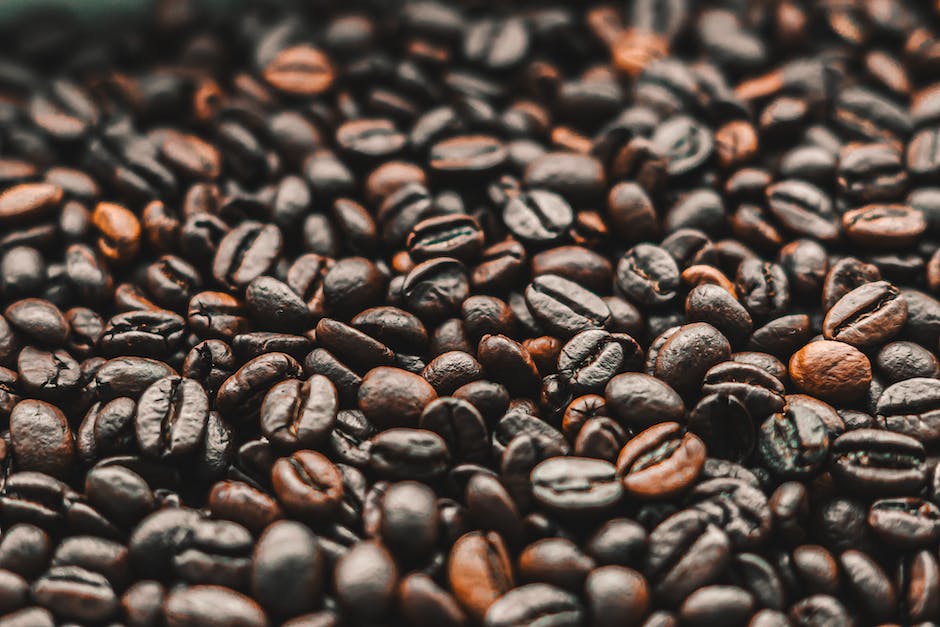
Choosing the Right Espresso Blend for Your Brewing Method
Your brewing method can significantly impact how your coffee tastes. Hence, choosing the right espresso blend for your brewing method—whether it’s drip coffee or espresso machines—is essential.
For example, a coarser grind might work well for drip coffee, while espresso machines require a fine grind. Understanding this, along with the right water temperature, brewing time, and coffee quantity, will significantly enhance your espresso experience.
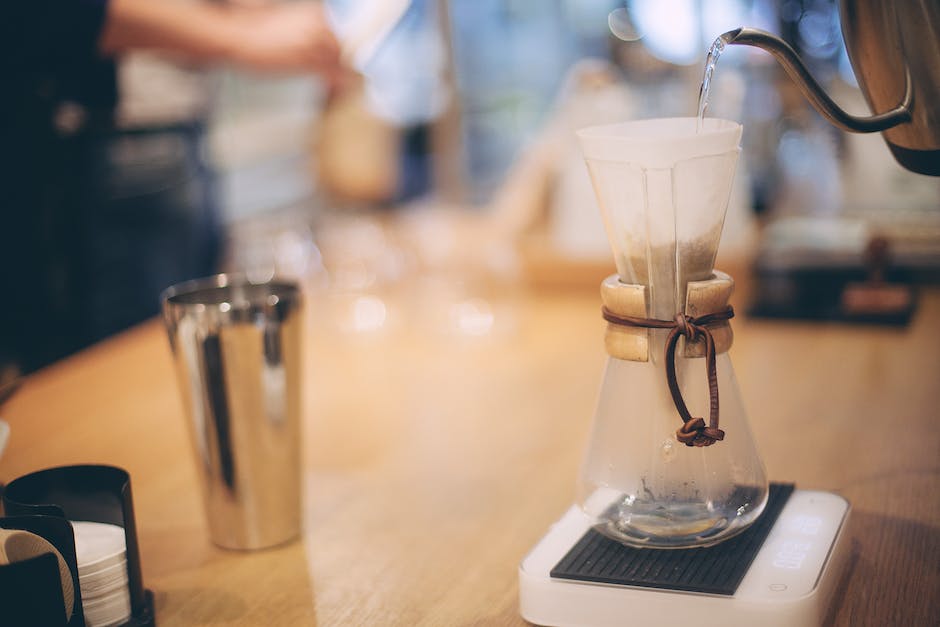
Espresso and Dark Chocolate: A Match Made in Heaven
One way to enhance the coffee’s flavor profiles is to pair it with dark chocolate. The bitter notes of both ingredients create a harmonious balance that makes your espresso taste even better.
Therefore, when selecting the best coffee beans for espresso, look for blends like the Intelligentsia Black Cat that has those dark chocolate undertones. When combined with a milk-based drink like cappuccino or latte, it translates into a beverage that any coffee aficionado would love.
FAQ
How do regular coffee beans differ from beans for espresso?
Regular coffee beans are usually roasted lighter than espresso beans, which are roasted until they’re dark and oily, resulting in a bolder, more concentrated flavor perfect for espresso.
What makes the best coffee beans for espresso?
Espresso requires beans that are compatible with a faster extraction process, meaning they should have adequate oil and a certain degree of fineness. The beans’ origin also contributes to the espresso’s flavor, with Arabica beans being a popular choice.
What are the best coffee roasters for espresso beans?
There is no definitive answer as this depends on personal preference. However, some popular choices include Intelligentsia, Blue Bottle, and Stumptown, known for their exclusive espresso roasts.
Why is a medium dark roast preferred for espresso?
Medium dark roast strikes a balance between the inherent flavors of the beans and the flavors developed during roasting. This balance results in preserving the coffee’s natural flavors while adding a bit of robustness, which makes it ideal for espresso.
Are certified organic beans better for espresso?
Certified organic beans do not necessarily make a better espresso, but they offer a purer flavor as they are grown without synthetic fertilizers or chemicals. Additionally, they’re a more sustainable choice, good for those who prioritize eco-friendly coffee.
How does single origin coffee influence the flavor of espresso?
Single origin coffee comes from one place, meaning its flavor is influenced by that region’s characteristics, including soil, climate, and altitude. This results in a unique flavor profile that can provide a distinctive, high-quality espresso.
How important are flavor notes in espresso?
Flavor notes are integral to espresso as they contribute to its complexity and unique taste. They vary according to the type of coffee, the roast, and brewing method, but can include brown sugar, dark chocolate, fruit, and more.
Can I use drip coffee beans for making espresso?
Yes, you can use drip coffee beans for making espresso, but the flavor might not be as strong or concentrated because these beans are typically ground coarser.
Why is using freshly roasted coffee beans recommended for espresso?
Freshly roasted coffee beans retain their flavor and essential oils better than older beans, resulting in a fresher taste. This characteristic is beneficial for espresso, where flavors are more concentrated and robust.
How does a milk-based drink enhance espresso?
Milk-based drinks blend well with the strong, concentrated flavors of espresso, providing a creamy texture and a complementary mild sweetness. It can tone down the bitterness of the coffee while enhancing the overall taste.

